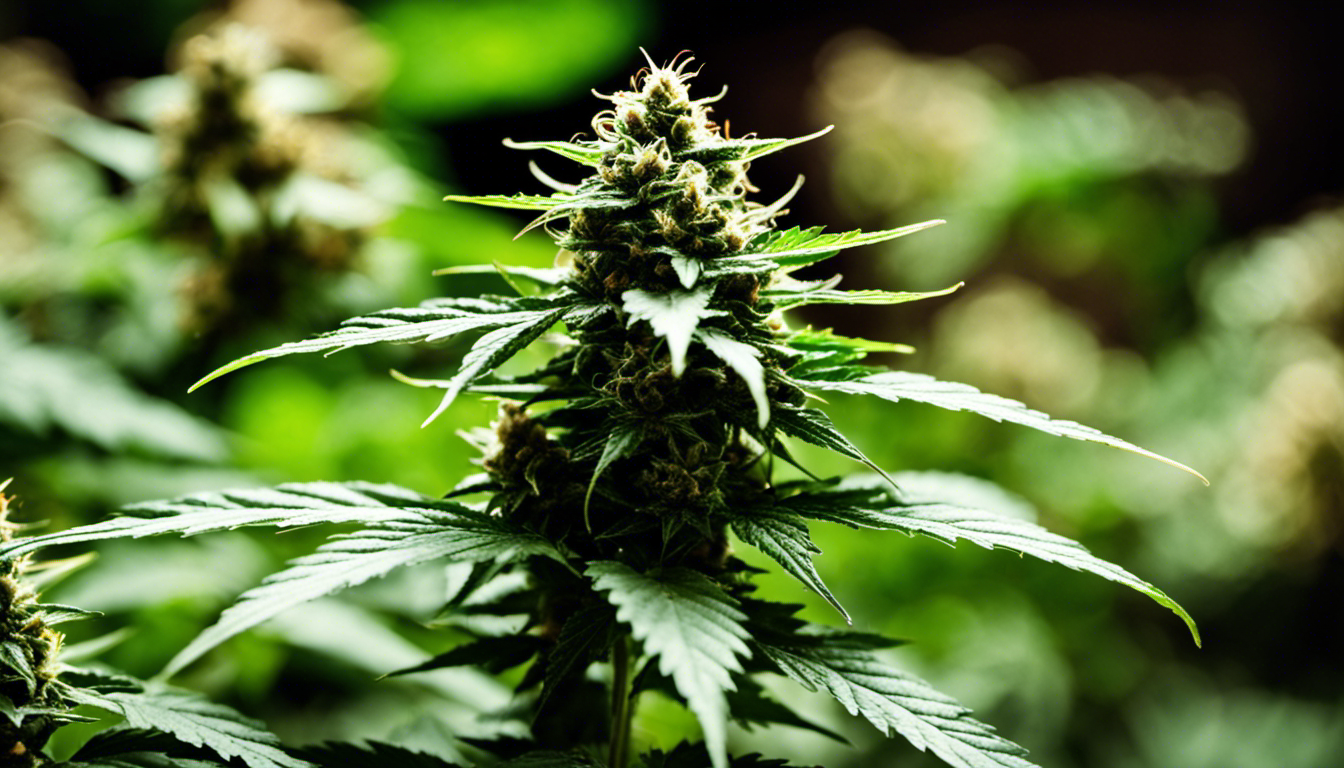Recreational Marijuana to Appear on South Dakota Ballot Again
This November, South Dakotans will have the opportunity to vote on the legalization of recreational marijuana, known as Initiated Measure 29 (IM-29). If passed, the measure would allow individuals aged 21 and older to possess, grow, ingest, and distribute marijuana or marijuana paraphernalia.
Proponents of IM-29 argue that the measure is a “common-sense policy” that would boost the state’s revenue by legalizing licensed businesses, rather than relying on the black market. They also claim that it would allow law enforcement to focus on more serious crimes, rather than prosecuting non-violent marijuana offenses.
On the other hand, opponents of IM-29 express concerns about the potential risks associated with marijuana use, including increased public health risks, especially among teenagers, and impaired driving. They also argue that the measure could lead to increased crime, suicide rates, and mental health problems.
If passed, IM-29 would add four new sections to Title 34 of the state’s codified laws, covering public health and safety. It would legalize recreational marijuana for adults aged 21 and older, allowing them to possess up to 2 ounces and grow up to six marijuana plants per household. However, it would still remain illegal to drive under the influence, and the measure would restrict where marijuana can be contained or consumed.
A fiscal note on the measure estimates that it would reduce incarceration expenses by $581,556 per year, but would not decriminalize the sale of cannabis. Instead, it would decriminalize the sale of cannabis accessories, such as marijuana-derived substances.
IM-29 sponsor Matthew Schweich, executive director of South Dakotans for Better Marijuana Law, argues that voting yes on the measure would protect personal freedom and restore the will of the people of South Dakota, who originally voted to legalize marijuana in 2020. Proponents also claim that the measure would create new jobs, reduce spending on incarceration, and generate millions in new tax revenue.
On the other hand, opponents argue that no amount of THC will be safe for people, and that the measure would harm South Dakota children, families, and communities. They also point to a research report on child abuse, which suggests that marijuana is often actively used by perpetrators of child abuse and neglect.
The debate surrounding IM-29 is expected to continue in the coming weeks, as voters prepare to make their decision on the measure.












